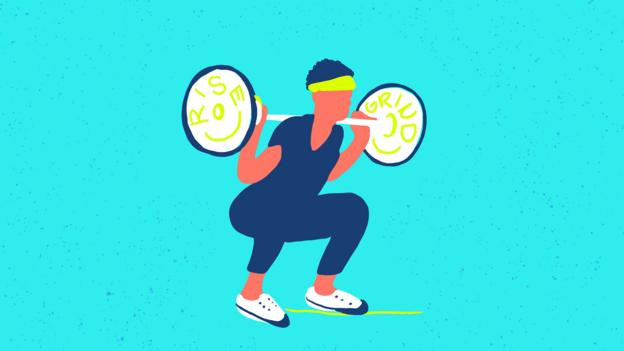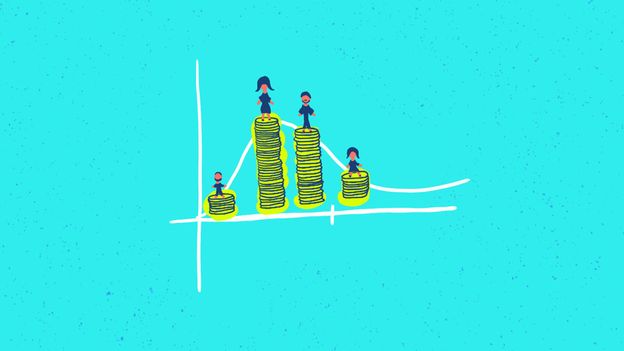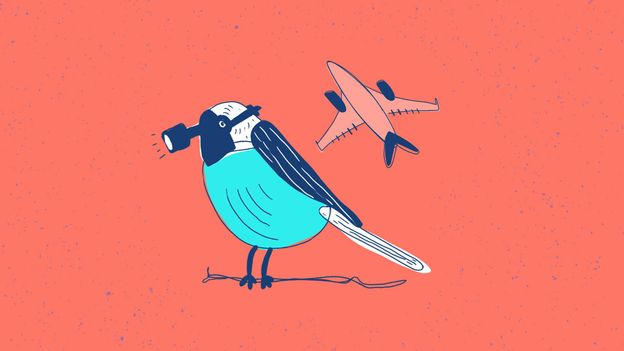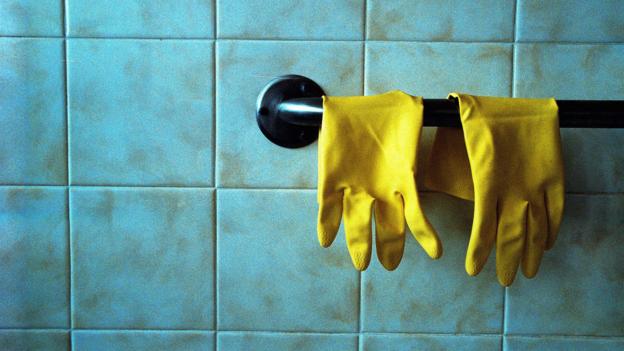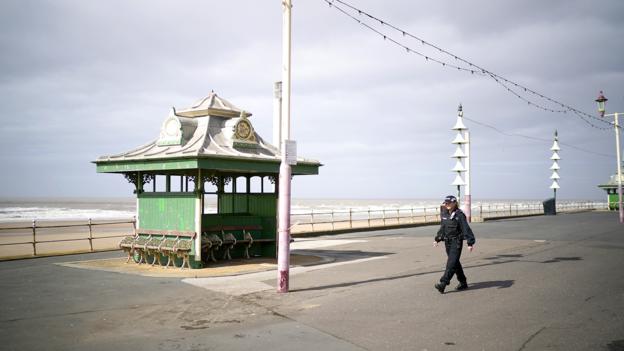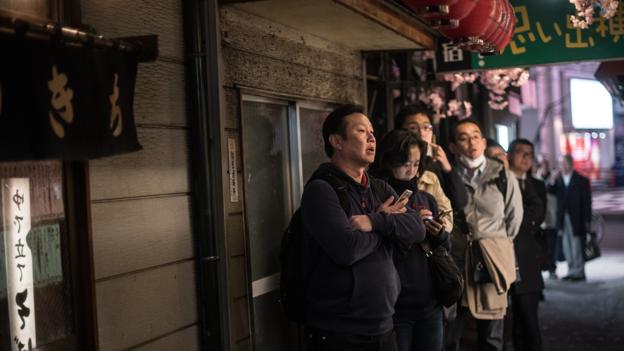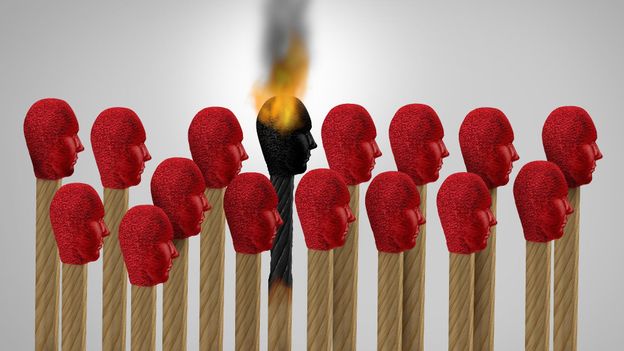The idea of “rise and grind” is more than an Instagram hashtag – it’s a badge of honour that many young workers wear to show that they’re hustling seven days a week. Because, for many millennials, that’s work right now – wake up, hustle harder, sleep, repeat.
It’s easy to see how hustle culture has become a mantra for the masses. In one sense, hard work is traditionally rewarded with promotions, higher salaries and greater opportunity. As millennial stereotypes of laziness and entitlement still somehow seem to make the rounds, the purposeful visibility of the hustle-porn cohort acts as a useful counterpoint to these attitudes.
Still, there’s something inherently dispiriting about the rise-and-grind mindset. For some, it is not so much a performative trophy to hoist, but rather the only alternative to a continued upswing in global millennial unemployment and a lack of upward mobility. Getting by is a stretch for so many, and competing for work by any means becomes a matter of survival. If that means hustling without the choice to live any other way, the rallying cry of millennial productivity sounds a lot grimmer.

